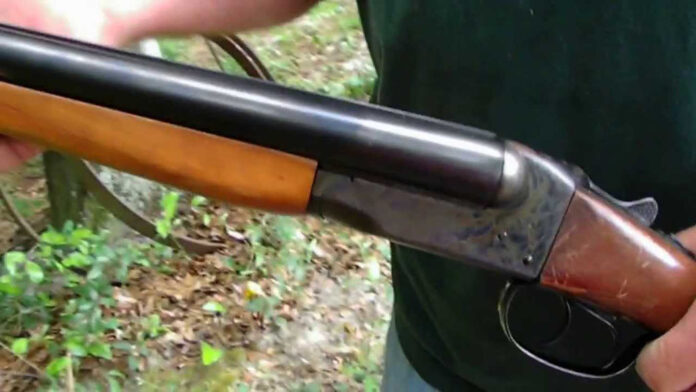WHILE events to mark the centenary of the Rineen ambush and the subsequent reprisals have had to be scaled back due to Covid-19, a plaque in memory of those who died on that day will be unveiled at Flanagan’s bar in Lahinch on September 22.
On September 22, 1920, following the killing of six RIC men at Rineen, the military arrived in Lahinch around 2.30pm, setting fire to businesses and homes, with the blaze at Flanagan’s bar claiming the life of Pakie Lehane.
Brian J O’Higgin’s is the grandson of the Flanagan couple who operated the pub in 1920.“That pub was burned, the 19th pub was burned, it was O’Dwyers then. Vaughan’s Hotel, which is now the Atlantic Hotel was burned on that night. It would have been owned by Michael Vaughan’s grandfather,” he says.
“They all lost their homes and they all had to go down to the golf sandhills as they were called, and live there for a few days, until they went off.”
He said that while Pakie Lehane died in the fire at Flanagan’s, his father was shot that night elsewhere, and died around a month later.
Brian was born in 1952, and worked in Flanagan’s as a young fellow, hearing stories from people who remembered the 1920 reprisals. “I would have known my grandmother very well, I used to work in the bar in Lahinch and you’d hear the stories about what happened. After that there would have been the Civil War and there were more stories about that.”
However, even though it was still well within living memory, he says people were reluctant to say too much about what had happened. “It was a strange kind of thing. People didn’t want to talk about what happened back then. The nearest memory would have been of the second world war, which was called the Emergency. We had just survived that and there was still rationing in Ireland in the 1950s. Trying to make a living was probably more pressing on their minds than what happened back in the 1920s.”
Brian remembers De Valera coming down to mark the fiftieth anniversary of the ambush, while he says those who had served during the fight for independence were revered by little boys in the 1960s. “Ignatius O’Neill was like a hero. You’d have your heroes in the cowboy films but we had our own ones too.”
They were very aware of the struggle that had gone before. “When you had a little school play it’d be about the Tans and whatever else. It wasn’t cowboys and Indians or soldiers, we’d be playing at fighting the Tans. At the same time there was no animosity against British tourists, those who came to play golf or whatever else.”
He stressed that the organisers would love to hear from any relatives of Joe Sammon, an entirely uninvolved man who was shot dead in Lahinch on the day.. “He was from Flagmount or Feakle. He was on holidays with his wife and they had a seven year old son in 1920. If there are any relatives we’d love them to come along.”
Due to Covid-19 restrictions invitations to next week’s commemoration have been limited to families of those affected, but the plaque will be on display for all to see.
Owen Ryan has been a journalist with the Clare Champion since 2007, having previously worked with a number of other publications in Limerick, Cork and Galway. His first book will be published in December 2024.


